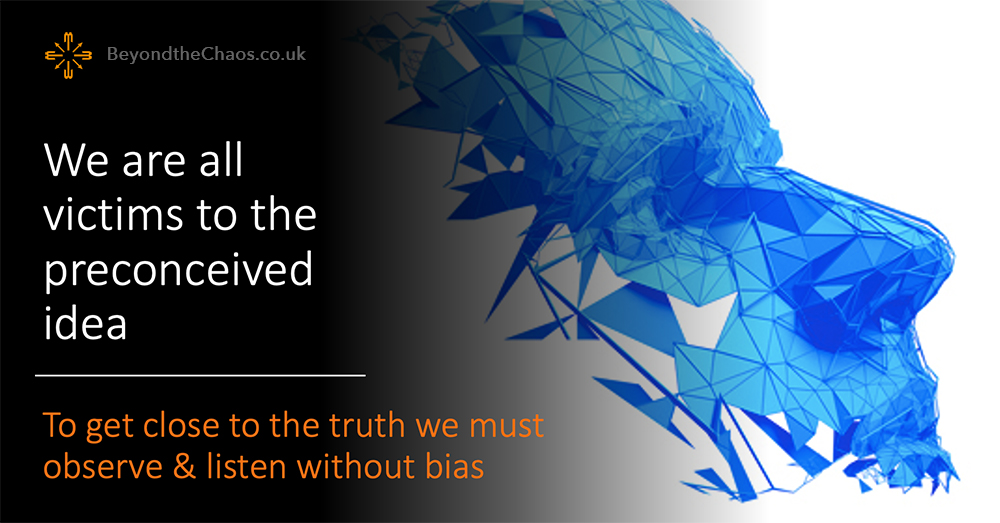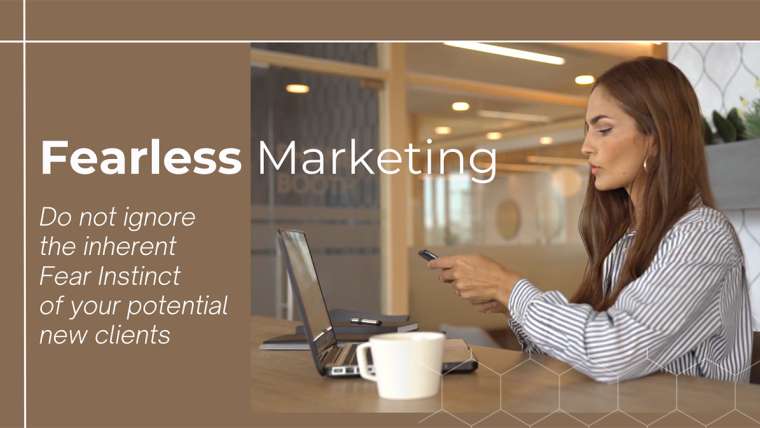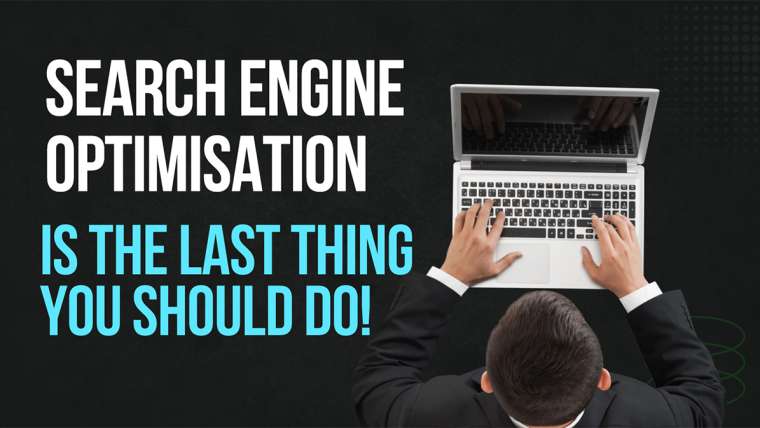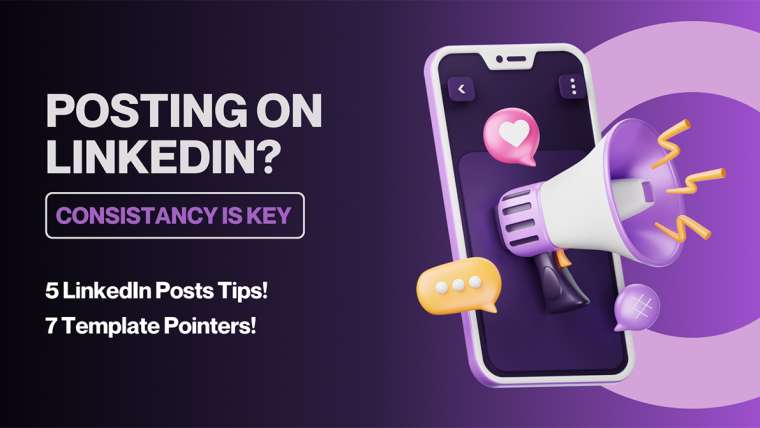Why listening without bias is your greatest advantage
In Business as in Personal lives, Preconceptions are silent saboteurs. They creep into our thoughts, shape our decisions, and distort how we see others — often without us even realising it. Left unchecked, they don’t just cloud our judgment; they limit our relationships, our opportunities, and even our growth as individuals.
How preconceptions take hold
We absorb biases from everywhere: the media, cultural norms, social expectations, even our past experiences. Over time, these messages teach us to judge people — by race, gender, income, appearance, or status — long before we know their story.
And the cost is high. Every snap judgment stops us from truly connecting. It blinds us to fresh perspectives. Worst of all, it convinces us that our limited view is “the truth.”
The real truth?
There is always more to see. Every person carries a story, shaped by experiences we may never know unless we pause long enough to listen.
But here’s the challenge: listening without bias takes courage.
-
-
- It means holding back the urge to interrupt, correct, or categorise.
- It means asking clarifying questions instead of assuming you already know.
- It means sitting with discomfort when someone’s perspective clashes with your own.
-
What happens when we do?
When we suspend judgment, we gain something far more powerful than being “right”:
-
-
- Deeper understanding of others and ourselves.
- Stronger connections built on empathy rather than assumption.
- Better decisions grounded in reality, not distortion.
- Personal growth through the humility of knowing we don’t have all the answers.
-
The hard truth
This isn’t easy. Our brains love shortcuts and stereotypes are the laziest shortcut of all. But awareness is the first step. Each time you pause before responding, each time you challenge your assumptions, you weaken the grip of bias.
The payoff
A life lived with fewer preconceptions is richer. We see people as they are, not as we’ve been taught to see them. We open ourselves to new experiences. We build relationships that matter.
Most importantly, we move closer to the truth, a truth that can’t be reached through judgment, but only through curiosity, humility, and a willingness to listen.
In short: observe fully. Listen deeply. Suspend judgment.
Because the moment you release preconceptions, the world becomes bigger, clearer, and infinitely more human.
—
⭕️ Start your voyage of discovery with a Free Consultation
Bookings & Queries: Use our form to Book or ask a Question
Email: hello@beyondthechaos.co.uk
Phone: 0203 4325058
—
Stay Beyond the Chaos – Gain Clarity. Remove Doubt. Become Empowered.




